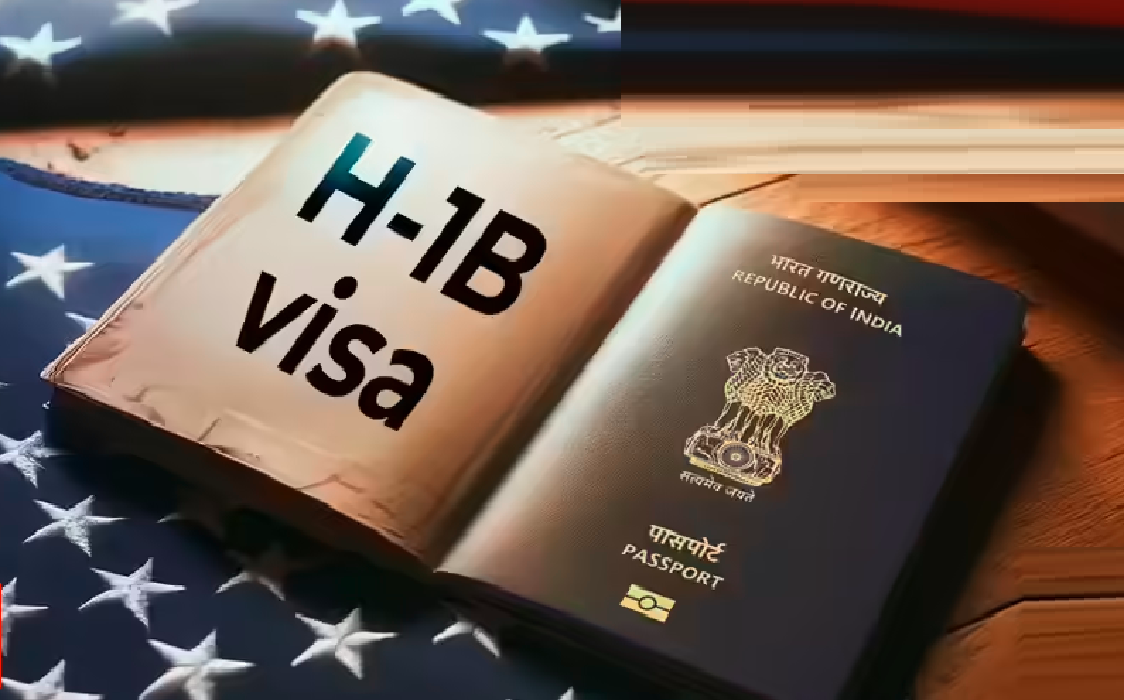Rubio Stresses India-US Ties “Of Critical Importance” After Talks with Jaishankar Amid Tariff and Visa Disputes

On the sidelines of the United Nations General Assembly in New York, U.S. Secretary of State Marco Rubio and India’s External Affairs Minister S. Jaishankar met for what both sides called a constructive dialogue—one viewed as pivotal in repairing tensions over recent trade tariffs and visa policy changes.
Rubio described India as a relationship “of critical importance” to the United States, emphasizing that the two nations must maintain strong engagement across several sectors including defence, energy, and trade. The meeting is the first face-to-face interaction between the two since the U.S. imposed steep tariffs on Indian goods tied to New Delhi’s oil purchases from Russia, an action that had stirred controversy in bilateral relations.
India’s Foreign Office confirmed that the discussion covered a broad agenda: resolving tariff disputes, the newly raised fees for H-1B visas, cooperation in energy and critical minerals, and broader defence partnerships. Jaishankar later posted on social media that the two agreed on the need for “sustained engagement to progress on priority areas.”
The talks signal a willingness on both sides to navigate recent diplomatic headwinds. Economists and trade experts believe the tariff impositions and visa policy shifts have already begun to weigh on India’s IT sector and markets—making the meeting all the more significant. Indian companies, many dependent on H-1B visas, have expressed concern over the cost burdens posed by recent U.S. policy shifts.
Also present at the discussions, India’s Commerce Minister underscored the importance of bilateral trade, hinting at ongoing negotiations to address perceived imbalances and regulatory challenges. Washington, for its part, reiterated the need for rules that promote reciprocal benefit and fair trade.
Analysts see the meeting as a diplomatic reset of sorts. While no major agreements were announced, the exchange is being viewed as a signal that both nations are preparing to work through differences rather than letting them erode strategic ties.
India-US bilateral cooperation has been under strain from the combined pressures of geopolitical competition, evolving supply-chain priorities, and shifting migration policies. With this meeting, both sides appear committed to reviving momentum, emphasizing that despite disputes, shared strategic interests remain. Negotiations are expected to continue in the coming weeks, particularly focused on defusing trade tensions and clarifying immigration rules.












